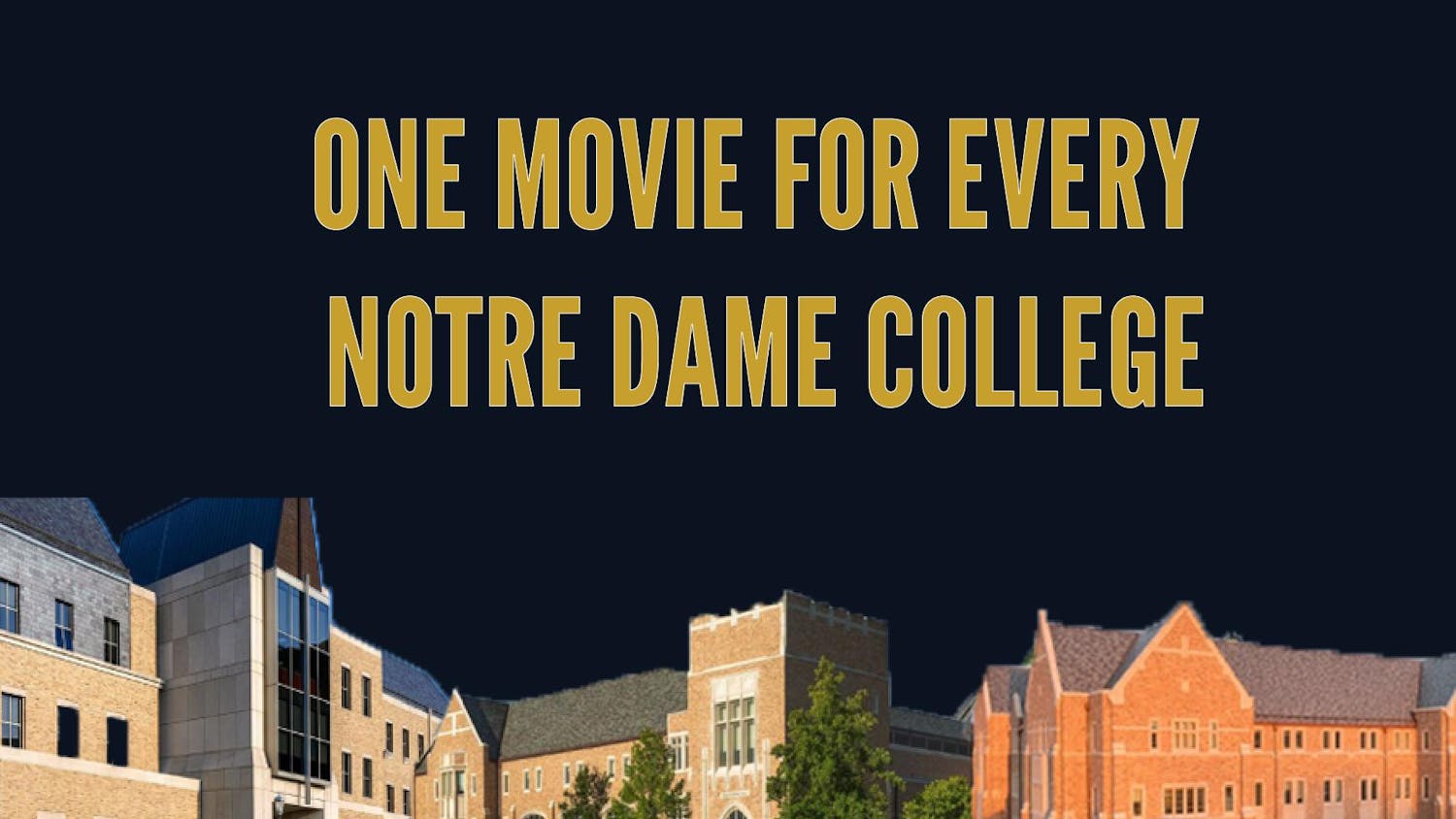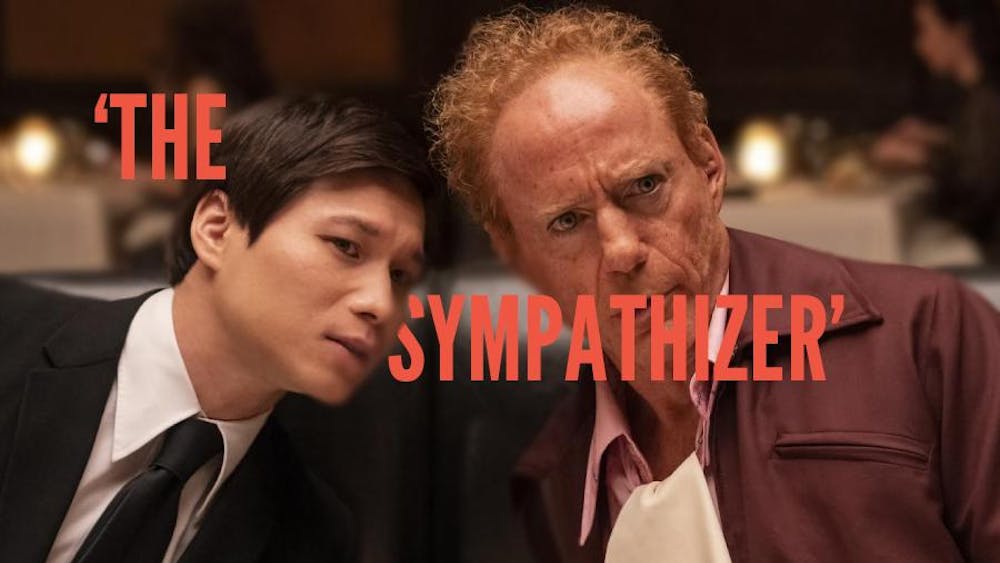Watching "The Master" is akin to driving through fog. Not fog so dense as to be completely blinding, but such that, while driving through it, low beams shining, you can see well enough in front of you that it seems that there might not actually be fog at all. While you're in it, you think you can see clearly, and nothing is obscured.

But look in the rear-view mirror, and you realize there's nothing but the gray, misty obliqueness that was actually there the whole time.
Paul Thomas Anderson's latest dramatic masterpiece, "The Master," evokes the same kind of self-questioning, introspective confusion in its audiences that its characters explore on screen. And while confusing, sometimes distant and often unlikeable (both the film and the main character), this deeply affecting drama succeeds on all levels on the strength of its intricate exploration of human nature, especially interactions and relationships, at its most base.
The film stars Joaquin Phoenix as Freddie Quell, a deeply troubled World War II veteran suffering from extreme alcoholism and post-traumatic stress disorder. Freddie turns anything and everything into a drink, from photography development products, paint thinner and even fluid drained from a navy ship's missile.
Quell is disturbed, and clearly an outsider. He stands, talks and laughs awkwardly, and has an incessant and destructive sexual obsession that drives him into behavior that is, to say the least, cringe worthy.
After one of his alcoholic concoctions poisons a migrant worker, he finds himself on the run, where he eventually drunkenly stows away in a yacht owned by Lancaster Dodd (Phillip Seymour Hoffman), the leader of a new, controversial religion, "The Cause."
Dodd, whose followers call him "Master," takes an interest in Freddie and, like in many of Anderson's films, the two develop a relationship that quickly evolves to resemble one of father and son.

Quell's drinking and erratic, violent behavior begin to cause problems for the movement, and Dodd's wife (Amy Adams), son-in-law (RamiMalek) and daughter (Ambyr Childers) attempt to convince Dodd that Freddie is beyond help. But in addition to the father-son dynamic the two have developed, Dodd seems to have an obsession with making Quell normal with his methods, and intensifies his work with Freddie.
Anderson has made no secrets about the fact that Lancaster Dodd's character is based on L. Ron Hubbard, and Dodd's religion, "The Cause," has its roots in Scientology. It's a fascinating choice of source material, as many in society consider Scientology to be an odd, fringe religion, if not a cult, and question how anyone could ever get caught up in it.
The relationship between Dodd and Quell, which is without a doubt the core of the film, explores this question. And, thanks to the Oscar-worthy performances from both Phoenix and Hoffman, the exploration is as dark and muddled as it must be in order to reflect reality.
Hoffman's Dodd is the definition of charismatic. His personality draws all people to him, and he speaks with an easy confidence that it seems that there could be no question that his words are truth.
Quell embodies the confusion of post-war society, especially for mentally damaged veterans. He just can't fit in with society. He can't hold down a job, he runs away from the only woman who ever loved him (a 16-year-old girl) and he can't put down liquor long enough to escape his constant state of stupor. The repeated images in the film of waves crashing quietly in the ocean and Freddie hugging a woman made of sand on the beach express the total, destitute loneliness of his being.
In all aspects, the film is at the same time abrasive, broken, confusing, intriguing and beautiful. It has a point, perhaps ¾ man is an animal, and attempts to control that animal or denial of that fact are inevitably futile. But, like the religion it portrays, the film delivers its point with roundabout methods and when examined closely it leaves more questions than answers.
Anderson's work is a study of the American spirit and way, and each of his films has used different forms of American culture to explore it, including pornography ("Boogie Nights"), oil ("There Will Be Blood") and now religion.
This is likely Anderson's least likeable film, but it is undoubtedly one of his best ¾ a masterful dissection of religion, fathers and sons and, above all, the confusion and destruction of a lonely man's search for answers.
Contact Kevin Noonan at knoonan2@nd.edu












